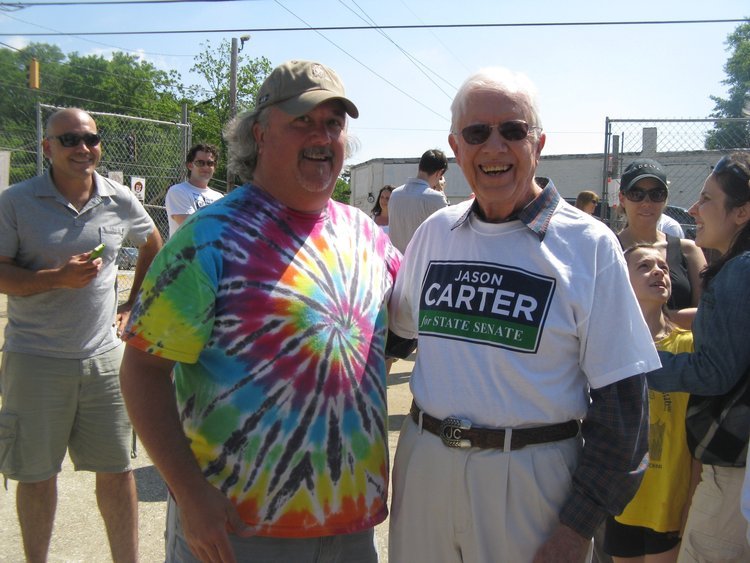Spring 2022
THE QUARTERLY INSIGHT
“I am of the opinion that my life belongs to the whole community and as long as I live, it is my privilege to do for it whatever I can.
I want to be thoroughly used up when I die, for the harder I work the more I live.”
- George Bernard Shaw, Irish playwright, critic, polemicist, and political activist
"There is no power for change greater than a community discovering what it cares about."
- Margaret J. Wheatley, American writer, teacher, speaker, and management consultant
The Civic-Minded Volunteer: Is she the last hope for saving our communities?
In the first edition of the Quarterly Insight, I talked about my journey to Nigeria with my family and the takeaways from that trip. One valuable takeaway was witnessing true nurturing and honoring of community in another part of the world. As our firm continues to do the work of providing strategy and operations services for clients, I often contemplate how truly well-run, volunteer-driven communities could replace the need for large, service providing nonprofits or firms like mine having to exist to move communities forward. Are we currently creating organizations and jobs as a by-product of our individual and collective inability to take ownership of the betterment of our own communities?
One organization that may offer some answers through their work is a recent client.
I had the pleasure of working with Neighbor in Need, a volunteer-run nonprofit (the Executive Director is a volunteer as well) whose main objective is to tackle any home repairs that degrade the quality of life for the homeowner or devalues the home. A large part of their constituents are seniors who have fixed incomes, preventing them from sometimes having the ability to address repairs that may come up due to weather or normal wear and tear on the home. They also provide financial literacy support that assists in keeping long-standing residents in their homes and eventually passing down this critical wealth generating resource to their family members.
The board is made up of a collection of diverse and passionate people who live in the communities they serve and are involved primarily to preserve and enhance their neighborhoods without displacing their fellow neighbors. The byproduct of their “love thy neighbor” philosophy is that they have been able to secure dozens of volunteers to donate their time (several hours a week in some cases), their talents (home repair, marketing, fundraising, accounting and much more) and treasures (they have raised over $200,000 dollars in their last fiscal year).
These are all people with full-time jobs, families and other commitments. That does not stop them from running an organization better than many nonprofits with full-time staff and big name board members.
Neighbor in Need is filled with people who embody the quotes above and, I believe, are successful because of an intrinsic belief in what should be true about how they engage others in their village.
As we all reflect on the state of our own communities - whether it be neighborhoods, families, or alma maters - we should consider whether our leaders truly demonstrate the passion and investment that aligns with a better or “beloved” community. We should also ask why we allow leaders who are minimally impacted by the decisions they make to be an authority over our respective communities.
Finally, how are we grooming our next wave of young people in our communities to replace the growing number of baby boomers - a generation of avid volunteers - as new leaders to bring the energy, knowledge and humility necessary to carry the torch for the future?
Key Volunteer Stats
Approximately 63 million Americans — 25% of the adult population — volunteer their time, talents, and energy to making a difference.
The volunteer rate declined by 0.4% to 24.9% in 2016.
Women volunteer at higher rates (27.8%) than men (21.8%).
72% of volunteers are involved with only one organization, while 18.3% are involved with two.
To learn more about volunteerism in the U.S., visit The U.S. Bureau of Labor Statistics.
I encourage you all to look at Neighbor in Need and other similar organizations that have successfully compelled their stakeholders to give significant time and resources to their missions without receiving monetary compensation. Identifying the common threads among these organizations may uncover some great lessons, hopefully leading to the community-honoring solutions we have long sought out in other places.
Be well,
Kaseem






